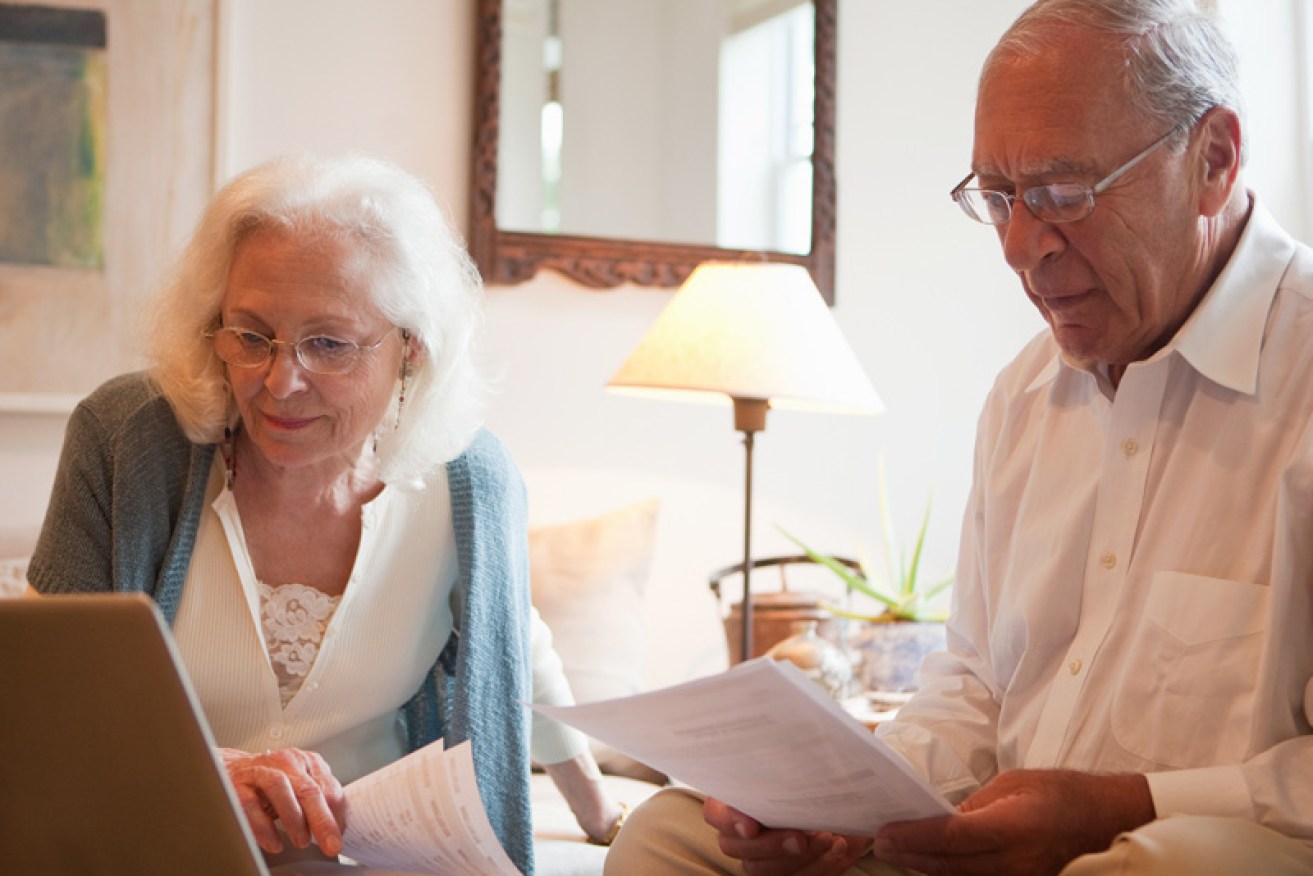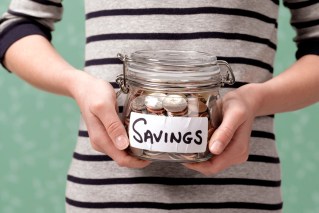Part-pensioners are being slugged by a wealth tax government is loath to change


As rates fall pensioners are being hit with a stealth tax. Photo: Getty
The Morrison government is taking advantage of record-low interest rates of 1 per cent to unfairly tax part-pensioners, according to Ian Henschke, chief advocate with lobby group National Seniors.
“During the election [Treasurer] Josh Frydenberg was talking about how Labor was planning a ‘retirement tax’,” Mr Henschke said.
“However they have had a ‘pensioner tax’ in place for almost five years.”
The ‘pensioner tax’ is a reference to the pension deeming rate that the government assigns to the savings of part-pensioners who have triggered the assets test and so don’t get a full pension.
The government ‘deems’ investment return rates on their assets, which have been increasingly higher than what assets actually return.
The last time the deeming rate was cut was in March 2015, when then-Treasurer Scott Morrison cut it back on amounts under $51,800 to 1.75 per cent (for singles) and for larger amounts to 3.25 per cent.
But since then the cash rate has fallen to 1 per cent and term deposit rates have gone from 3.35 per cent to 2.1 per cent.
The reality of that is that the government assumes part-pensioners are earning 1.25 per cent more on balances of over $51,800 than they are, and so their pensions are being reduced by more than they should be.
As a result “hundreds of thousands of Australians are being crippled,” Mr Henschke said. More than 1.1 million people are on a part pension.
Low balances hit harder
The cuts for people with smaller balances are harsher than they look. Mr Henschke said that people with lower balances often have their cash in passbook accounts “which pay 0.25 per cent interest”, he said
Currently the deeming rate is changed at the discretion of the social services minister.
Ian Yates, CEO of lobby group COTA, said “it ought to be reviewed independently twice yearly when the pension is reviewed”.
“Perhaps there ought to be an index to benchmark it,” Mr Yates said.
Mr Henschke said: “There is too much temptation for the government to use the deeming rate to tax pensioners. The glacial rate of its shift shows that the government is cold hearted.”
Social Services Minister Senator Anne Ruston said she would look at the matter.
“Following the Reserve Bank’s decision to reduce the official cash rate last month I requested advice from my department on the current deeming rate settings. The RBA has this week dropped the official cash rate by a further 25 basis points,” Senator Ruston said.
“I will discuss this matter with my colleagues who are on the Expenditure Review Committee. The government understands that reductions in the official cash rate impacts on older Australians on fixed incomes. I will make a further comment on the matter at the appropriate time.”
Super returns may be hurt
The falls in interest rates have not to date damaged superannuation returns, largely because falling rates have pushed up the prices of bonds.
“Australian bonds grew at 9 per cent last year and international bonds were up 7 per cent,” said Mano Mohankumar, researcher with Chant West.
But such large rises were unlikely to be repeated this financial year and low cash rates would negatively affect conservative portfolios, he said.
Conservative funds typically have 25 per cent of their portfolios in cash, so declining rates would be a drag on performances.
“However, conservative funds still typically have 33 per cent in growth assets, leaving some scope for growth,” Mr Mohankumar said.
The New Daily is owned by Industry Super Holdings









